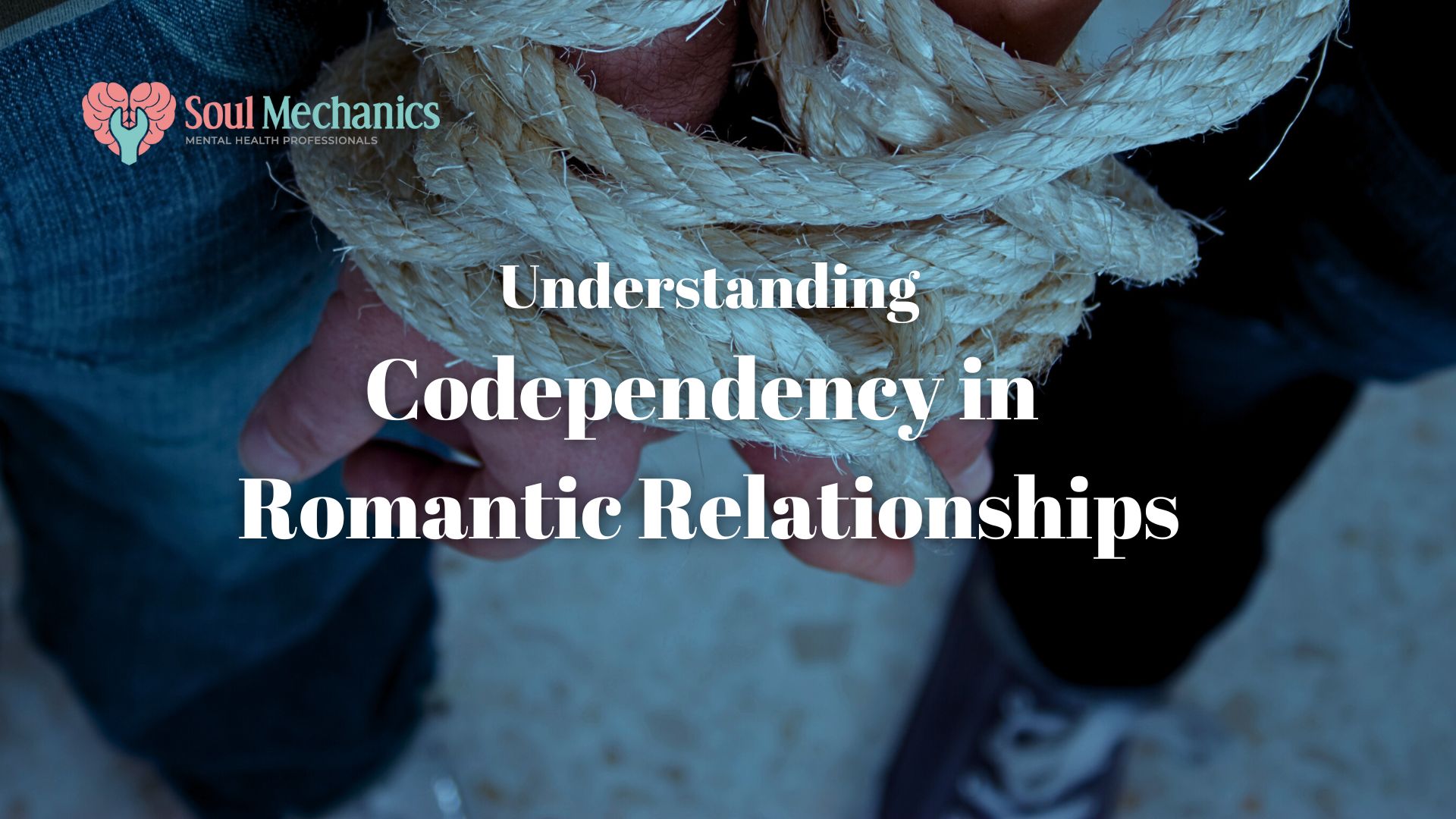Understanding Codependency in Romantic Relationships
Understanding Codependency in Romantic Relationships

Written By: Kelly Chan Jia Li, Clinical Psychologist (MAHPC(CP)00353)
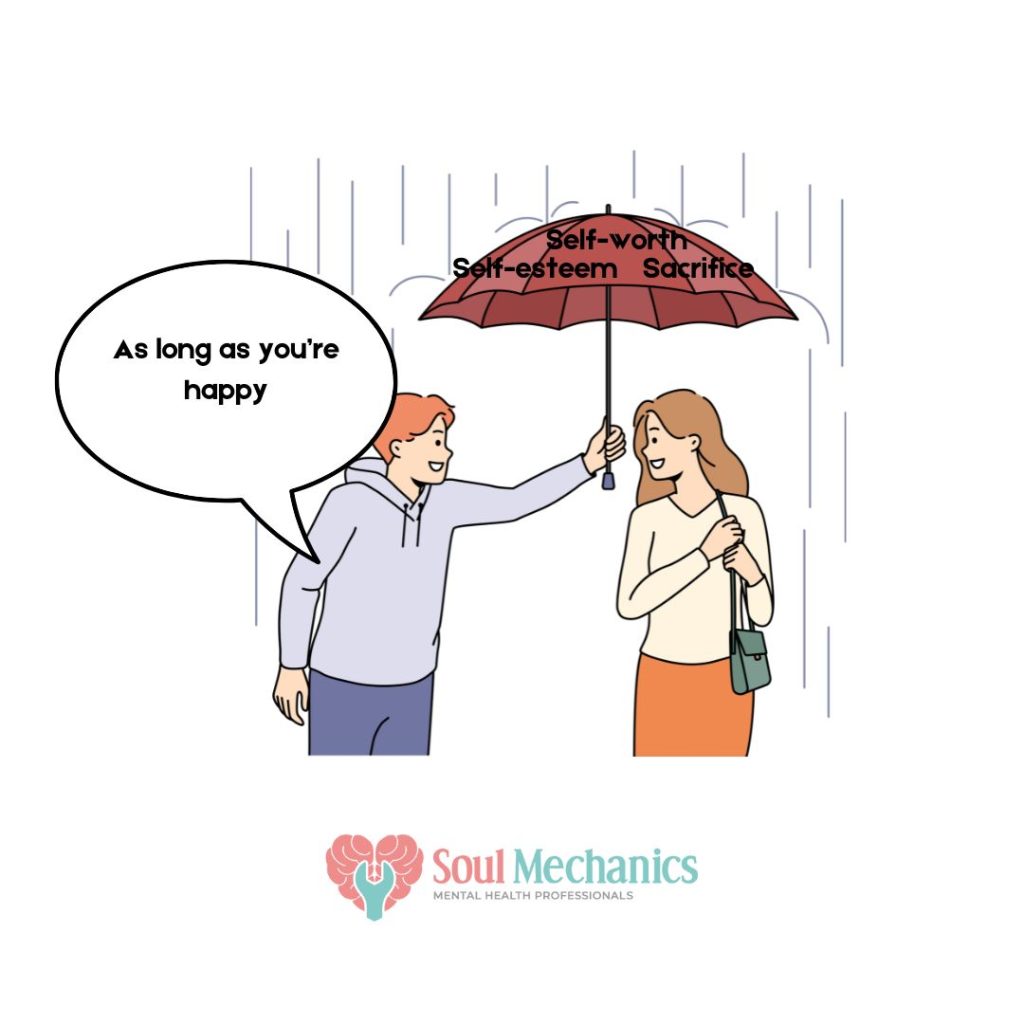
In every relationship, relying on one another for support, encouragement, and care is normal. However, when one partner’s needs consistently outweigh their own sense of self or well-being, it can signal codependency. Codependent relationships may start with love and devotion but often evolve into a dynamic where one partner’s happiness and identity depend heavily on the other, leading to unfulfilling, sometimes draining relationships. Often, codependency goes unnoticed until the individuals involved feel trapped or emotionally exhausted. Let’s explore codependency in detail.
What Exactly is Codependency?
Imagine you feel the need to manage all aspects of your partner’s life, from their work stress to their health and friendships. You often put aside your personal needs to help him. As you become more responsible for your partner's happiness, you start feeling emotionally drained. Although your intentions come from love, this pattern leaves you feeling empty and unappreciated. This may be a sign of codependency.
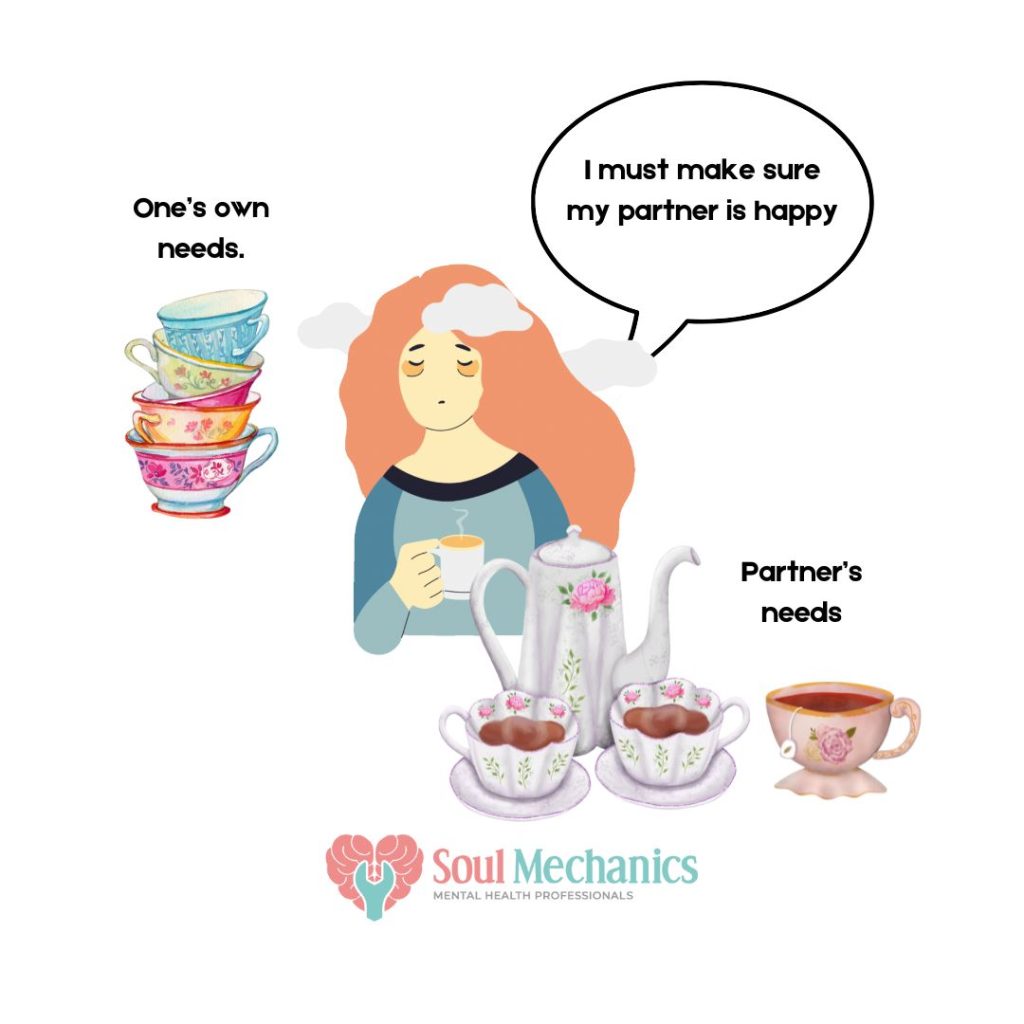
It is healthy to lean on your partner for emotional support, and a good relationship involves mutual support and care. Codependency, however, crosses a line where an individual’s sense of self-worth relies almost entirely on the other individual’s needs and validation. Codependency is a type of relationship dynamic where one partner sacrifices their own needs, wants, and even identity to please or “rescue” the other. It can look like the partner is constantly putting their partner’s needs first, even at a personal cost, or feeling an overwhelming need to “fix” or “save” them. Over time, the line between “us” and “me” starts to blur, and the codependent individuals’ happiness revolves entirely around their partner's well-being. It often shows up in one-sided relationships, with one partner taking on a “caregiver” role and the other leaning on them, sometimes to the point of dependency.
What are the Signs of Codependency?
Prioritizing Your Partner’s Needs Over Your Own
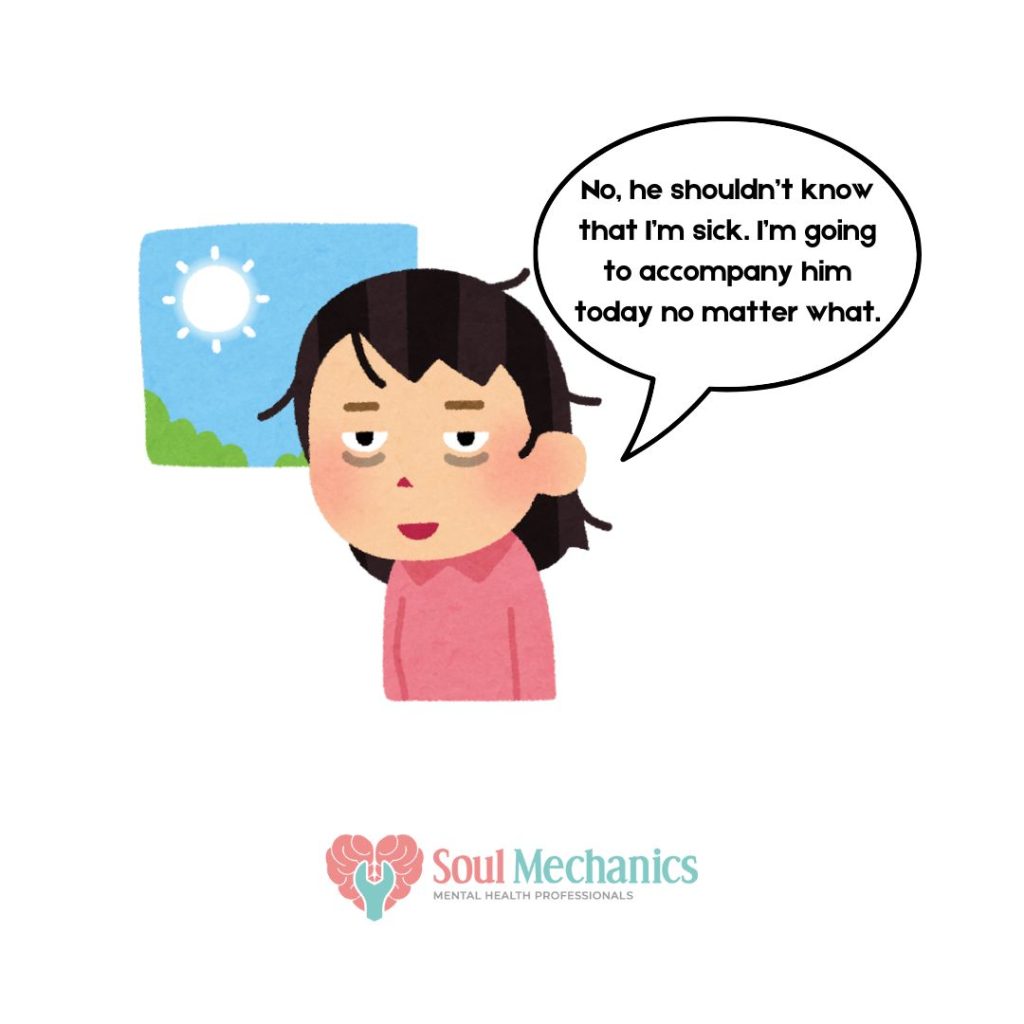
While compromise is healthy, codependency goes further. Codependent individuals often sacrifice their own happiness to keep their partner satisfied. It is okay to compromise sometimes, but when you consistently ignore your own needs, it can lead to resentment and self-neglect.
Low Self-Esteem and Needing Validation
Many codependent individuals struggle with self-worth, often looking to their partner for constant validation. They might feel they are not “enough” on their own, so they seek reassurance through helping or “fixing” their partner.
Difficulty Setting Boundaries
Healthy boundaries allow for personal space and respect in a relationship. In codependent relationships, however, boundaries are often blurred, as one partner may feel selfish for setting limits. They might feel guilty saying “no” or asserting their needs, fearing it will hurt or upset their partner.
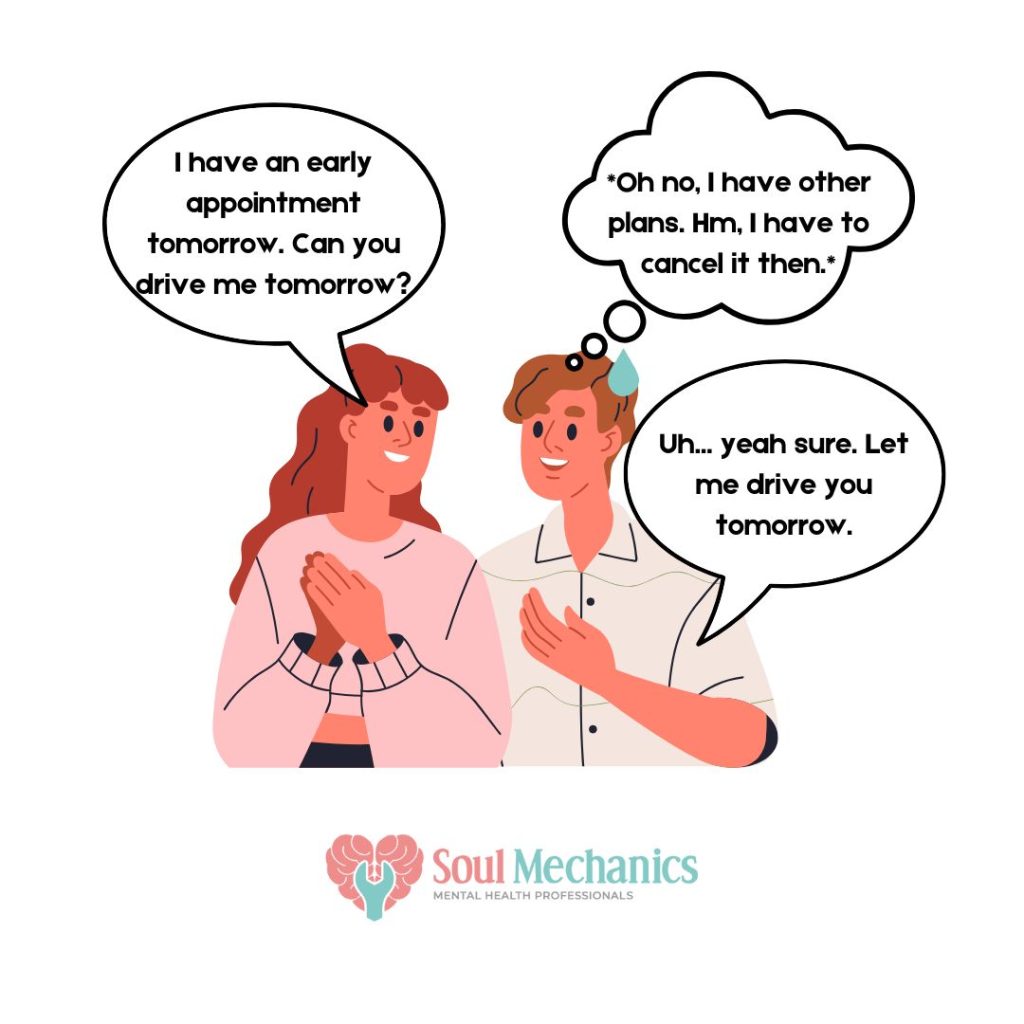
Fear of Rejection or Abandonment
Codependent partners often fear being rejected, so they may go to great lengths to keep their partners happy. Fear of abandonment can lead codependent partners to “overfunction” in relationships, taking on all the logistical or emotional load to avoid losing their partner. This often results in sacrificing their well-being to prevent tension or disagreement.
Feeling Responsible for Your Partner’s Emotions
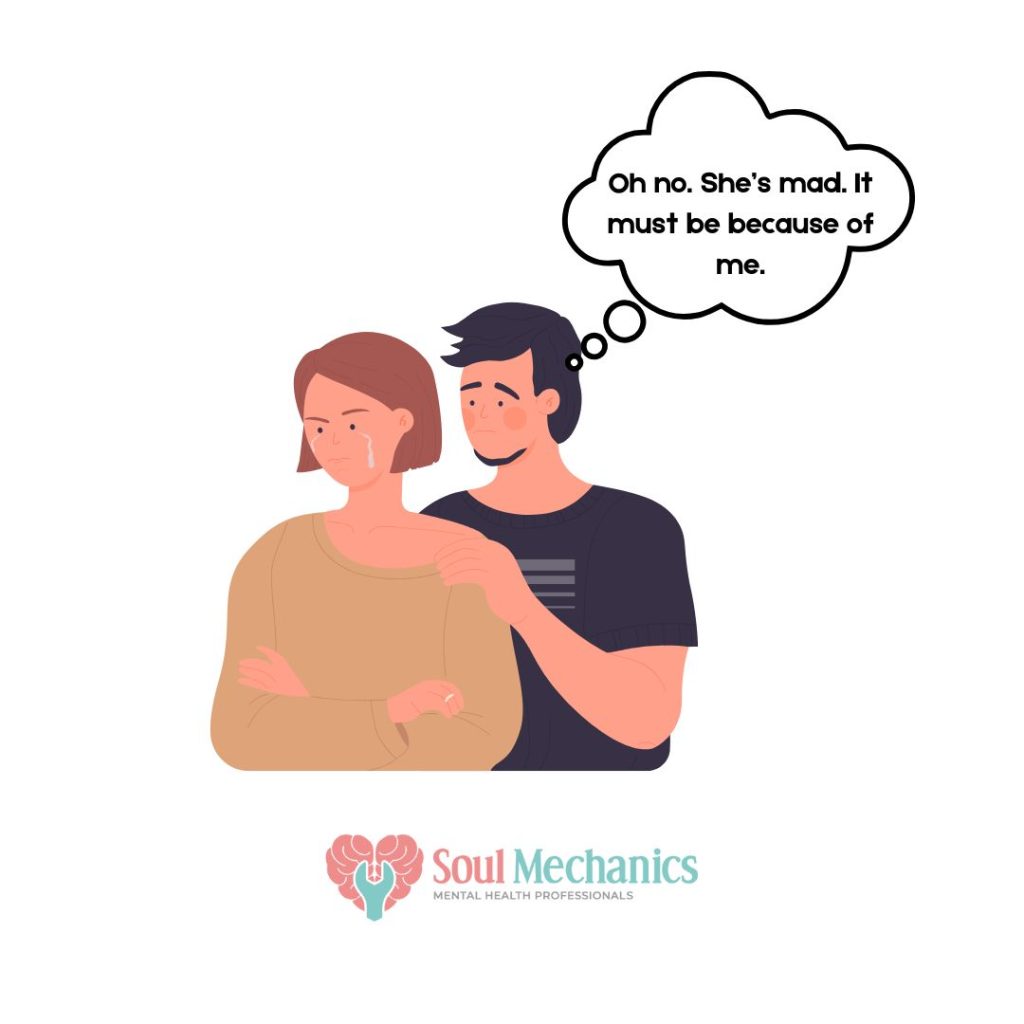
A telltale sign of codependency is feeling like it is the codependent individual's job to make their partner happy. When they are down, the codependent individual will feel guilty or anxious, as though it is somehow their responsibility to lift their partner's spirits.
Why Does Codependency Happen?
Codependency is often rooted in past experiences, particularly those related to family dynamics or early relationships. Individuals who grew up in homes where they felt responsible for a family member’s emotions or well-being may be more prone to codependency. When individuals are used to putting others’ needs first, they can naturally bring this habit into their relationships.
Growing up with emotionally unavailable parents
When children grow up in homes where their emotional needs are not recognized, they may focus on others' emotions to get the love or validation they crave. For example, if a parent rarely expresses affection, a child may overextend themselves to please the parent, hoping to receive love in return.
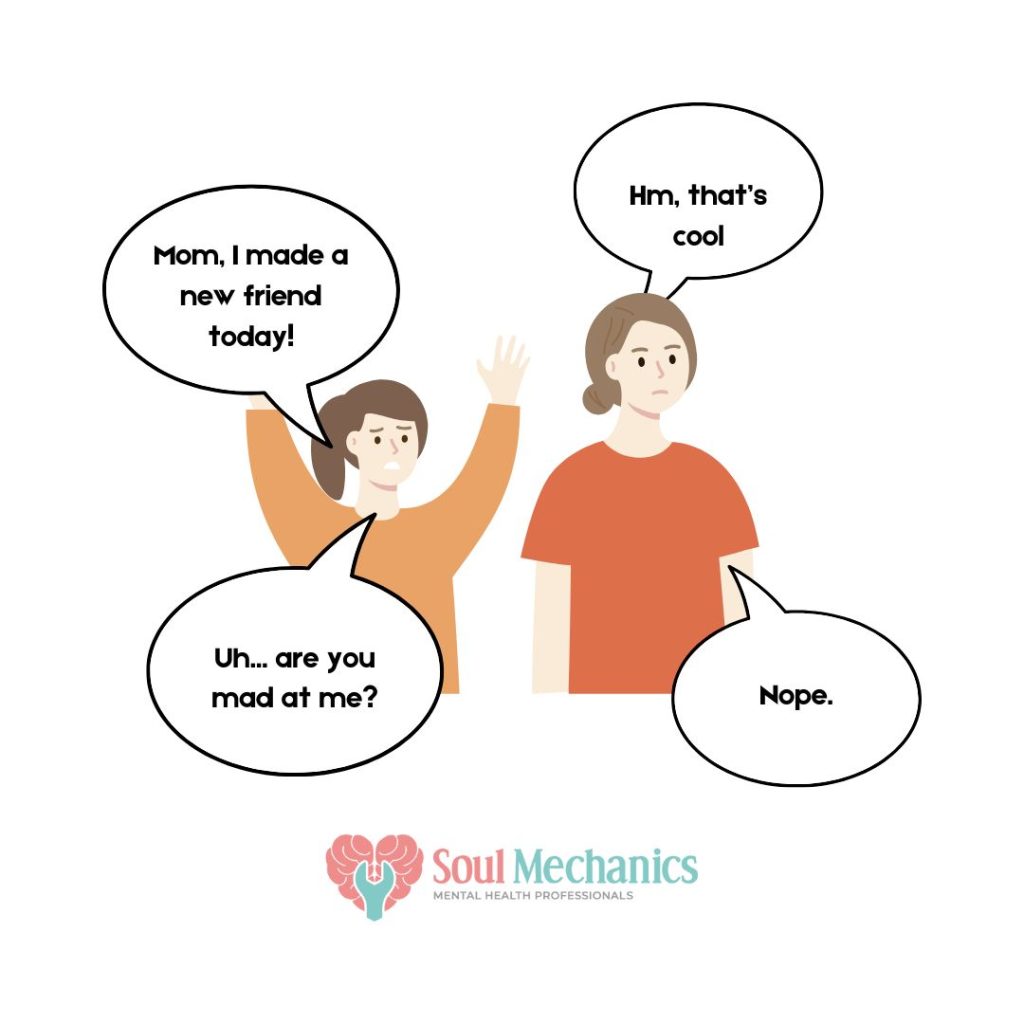
Parentification
Children who took on caregiving roles early in life may feel most comfortable in relationships where they “save” their partner. This occurs when a child is expected to fulfil adult roles, often due to parental absence or instability. These children grow up quickly, taking on responsibilities that should belong to the adults, which usually leads them to feel a strong need to “save” others in their adult relationships.
Past Relationship Patterns
Codependency can also be a learned response from past relationships, especially if they involve trauma or emotional abuse. In relationships with emotionally unavailable partners, some individuals adopt a caregiving role to try to gain approval, avoid rejection, or stabilize the relationship.
People-Pleasing Tendencies
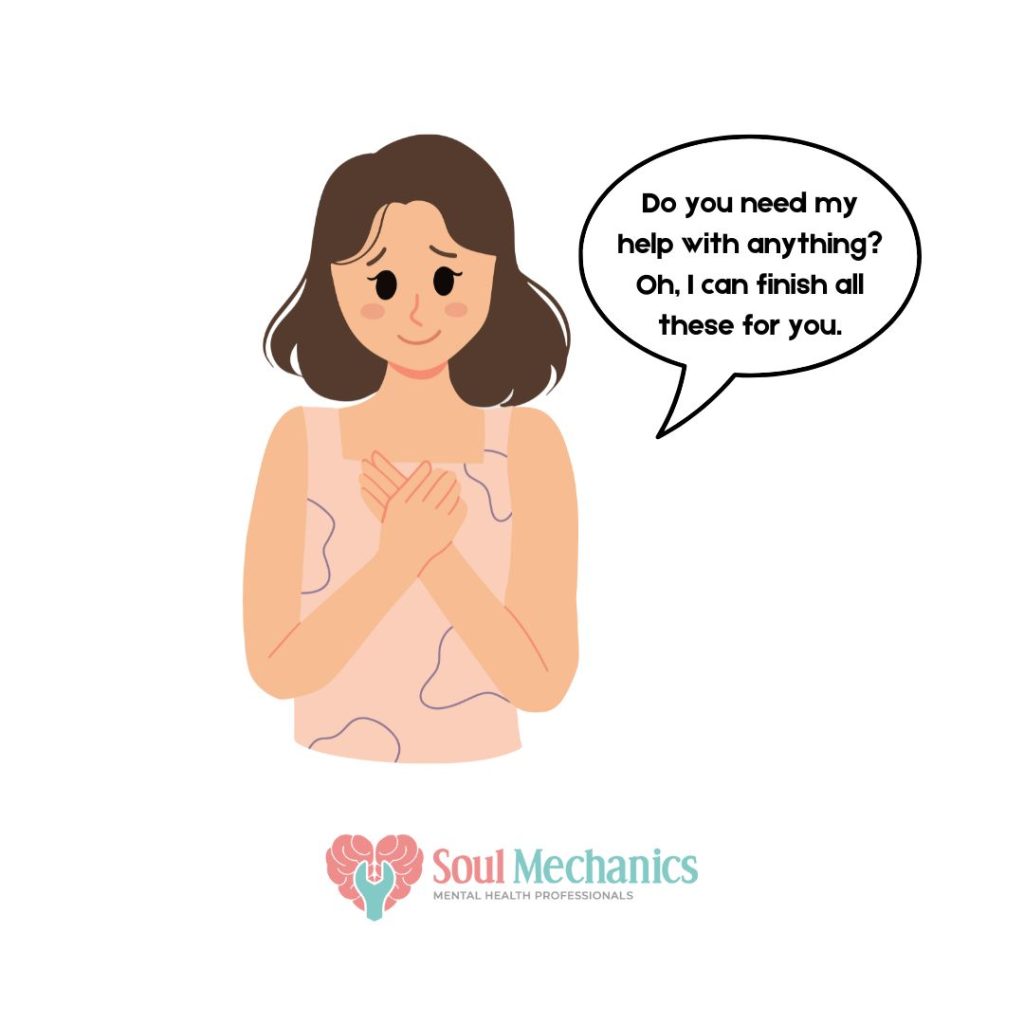
Some individuals develop codependent behaviours due to people-pleasing tendencies. The need to be liked or accepted may stem from experiences where love and acceptance felt conditional or depended on how much they did for others. These people might have grown up feeling only “good enough” when they were helpful, causing them to seek approval through constant caretaking in their relationships.
How does Codependency Affect Relationships?
Emotional Exhaustion and Burnout
The codependent partner eventually feels drained from constantly meeting their partner's needs without reciprocity. As they are always focused on their partner’s needs, they rarely have time or energy for self-care. This pattern can lead to emotional depletion, making it harder for them to sustain or enjoy the relationship.
Loss of Individual Identity
A core aspect of codependency is that one partner’s identity and sense of self become entirely tied to the relationship and their partner’s needs. They may lose interest in personal goals, hobbies, or friendships that used to be important to them. This loss of individuality can make the relationship feel “all-consuming” and prevent both partners from growing independently.
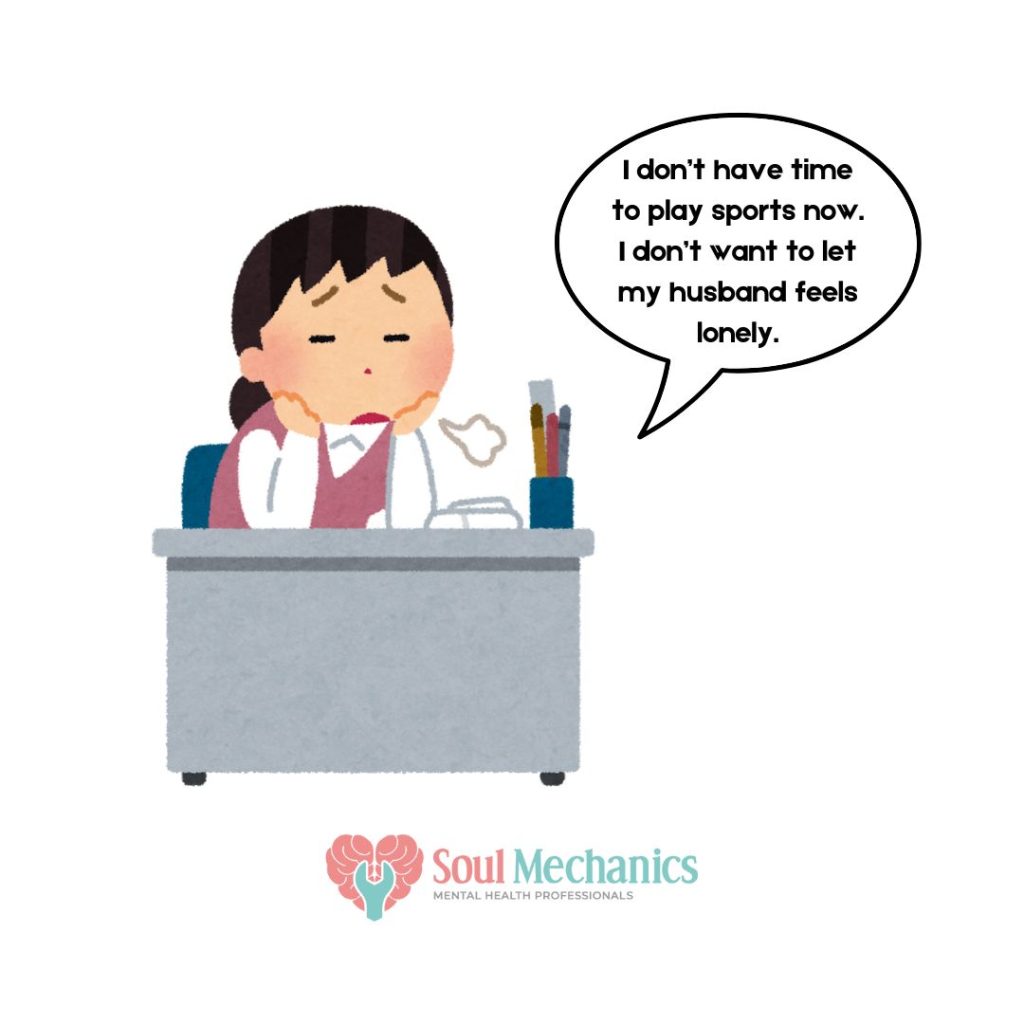
Feelings of Resentment and Frustration
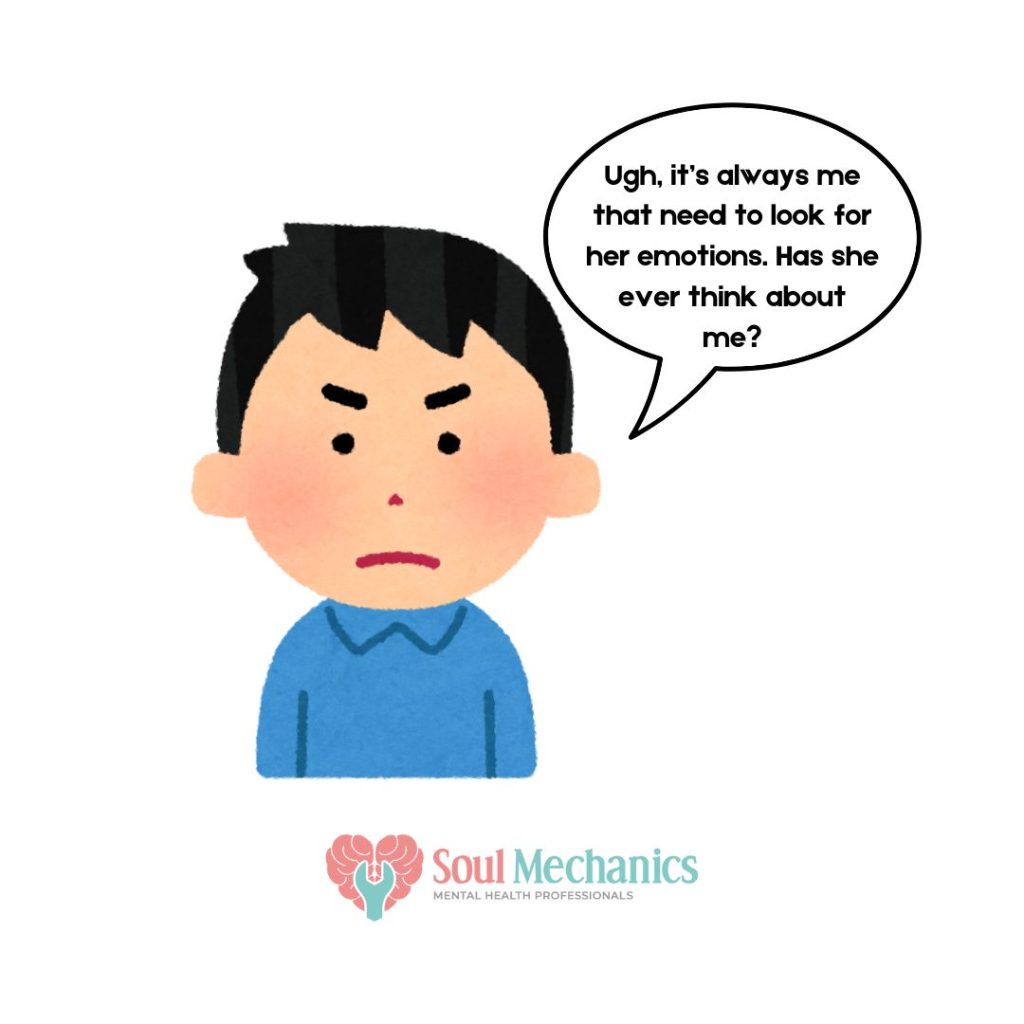
Over time, codependency can lead to frustration and resentment, especially for the partner who is always giving. Even though the codependent partner may genuinely want to help, when their efforts are not acknowledged or reciprocated, they might feel taken advantage of. This frustration often goes unspoken, eventually building into resentment toward the partner they initially wanted to help.
How to Break Free from Codependency?
Cultivate Self-Awareness
Understanding and identifying codependent patterns is the first step to change. Recognize your patterns and understand why you might feel the need to “fix” or “save” your partner. You can take note of when you feel compelled to put aside your needs or when you feel uneasy without validation from your partner. You can ask yourself, “Do I feel responsible for my partner’s happiness?” and “Am I neglecting my own needs to keep my partner happy?” Recognizing these tendencies can help you take a step back.
Establish Healthy Boundaries
Learning to establish boundaries is essential. Boundaries are not about creating distance, but they are about protecting your emotional well-being. Start small by respectfully asserting your needs. Practice saying “no” to things that drain you or are solely about keeping your partner happy at your own expense. This does not mean you love them less; it is about respecting your own limits.
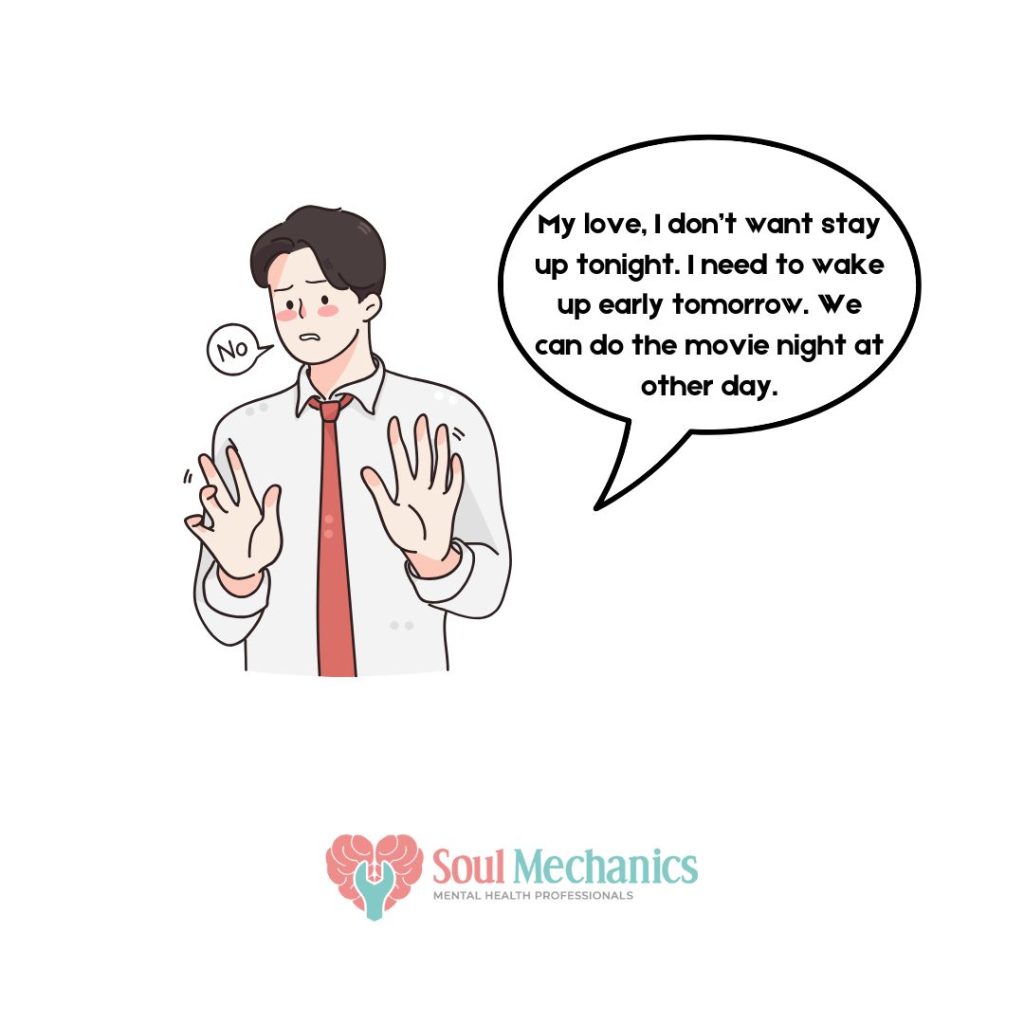
Focus on Self-Care and Personal Goals
Regaining a sense of self is essential for breaking codependent habits. Remember that your needs and goals matter and are essential. You can engage in activities that bring you joy, like hobbies, friendships, or career goals. These personal pursuits will help you feel grounded and less reliant on your partner for self-worth.
Practice Open Communication
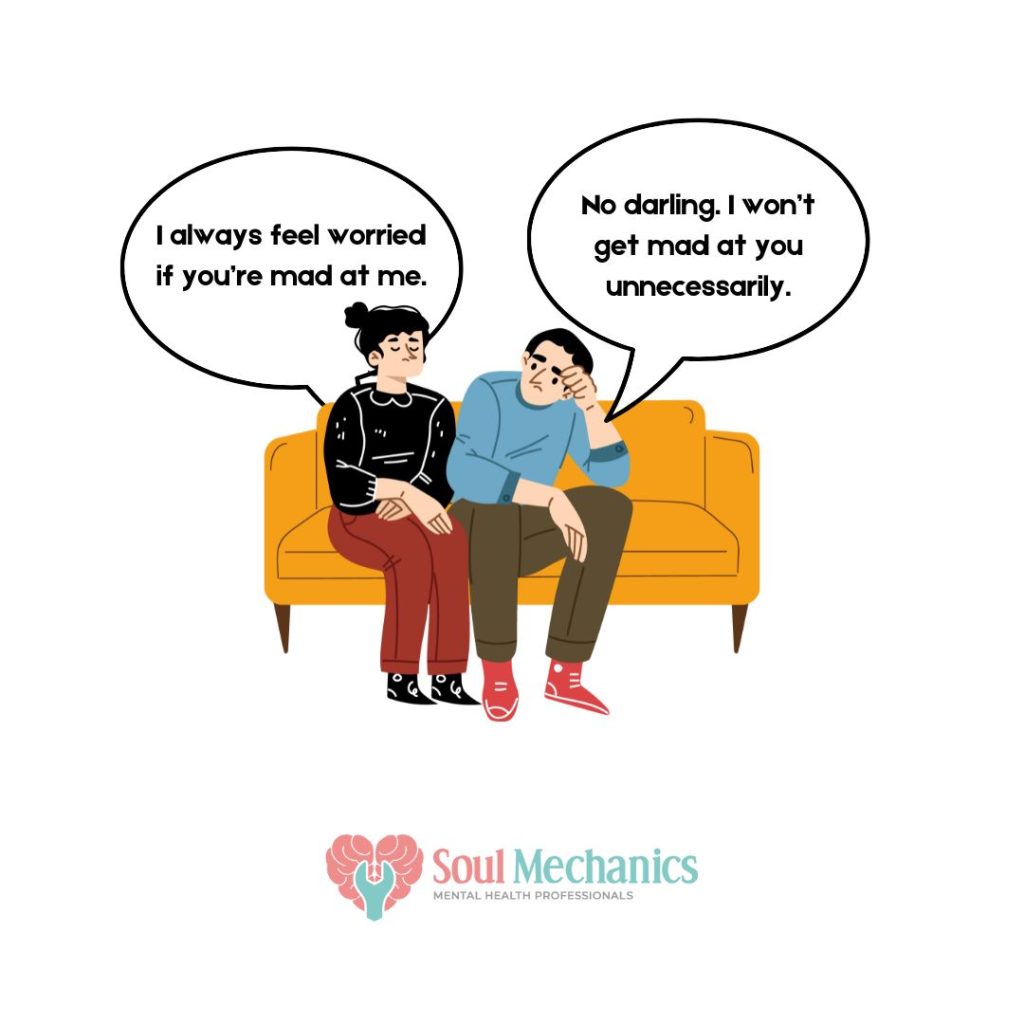
Talking openly about your needs can bring balance to the relationship and alleviate tension. Honest conversations help partners understand each other’s perspectives and build mutual respect. You might be surprised that your partner may also have noticed the codependent patterns too. Open communication can help you work together to create a healthier balance.
Practice Self-Compassion
Remember that breaking codependent habits takes time, and it is okay to take things slowly. Be kind to yourself, and acknowledge the progress you are making, no matter how small. Self-compassion helps reinforce that your needs are valid and that it is okay to prioritize them.
Consider Professional Help
Therapy can be a valuable resource for breaking codependent patterns. A mental health professional can guide you in exploring why you may feel the need to care for others at your own expense and help you build healthier relationship skills.
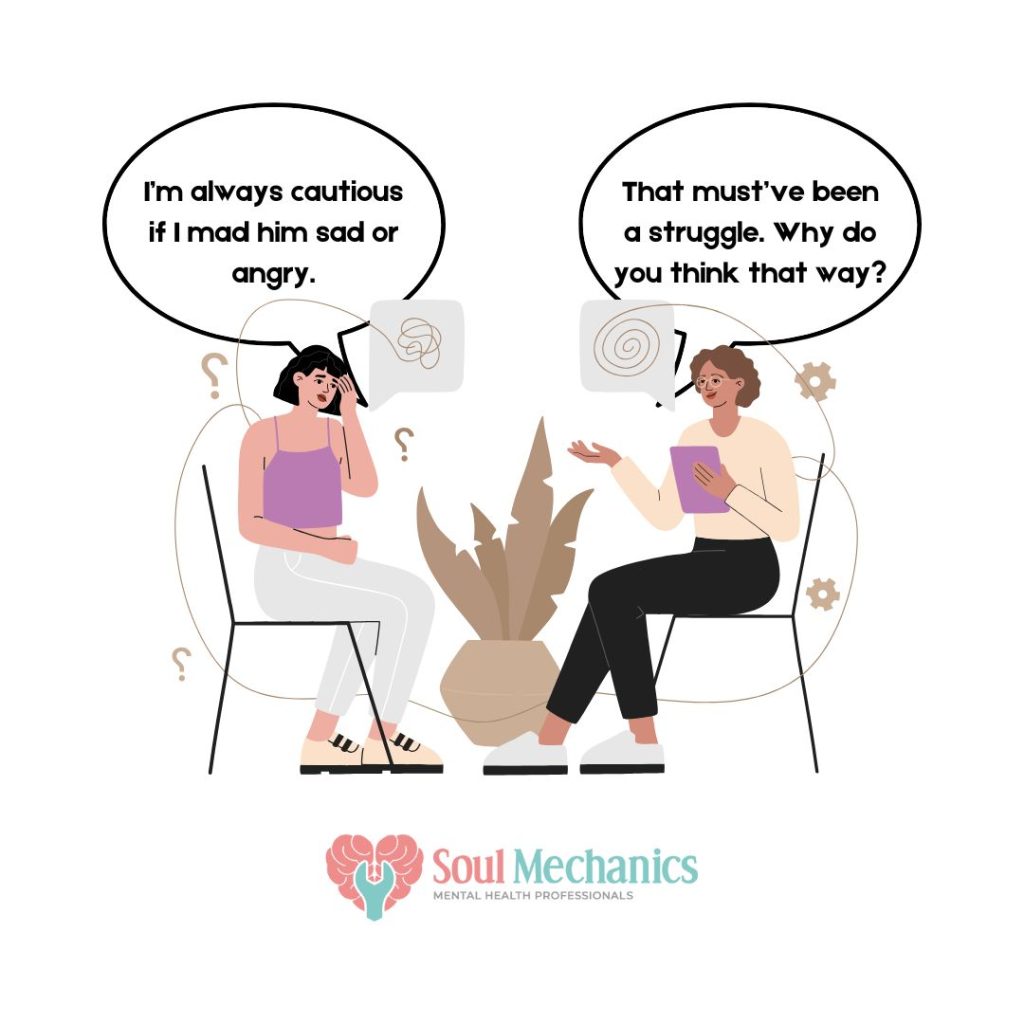
Reminder: If you feel that you are experiencing difficulties with the journey of your relationship with your partner, please don't hesitate to reach out to us at Soul Mechanics KD or Soul Mechanics Ipoh. Remember, seeking help is not a sign of weakness but strength!
Let’s Have a Healthy Relationship Dynamic
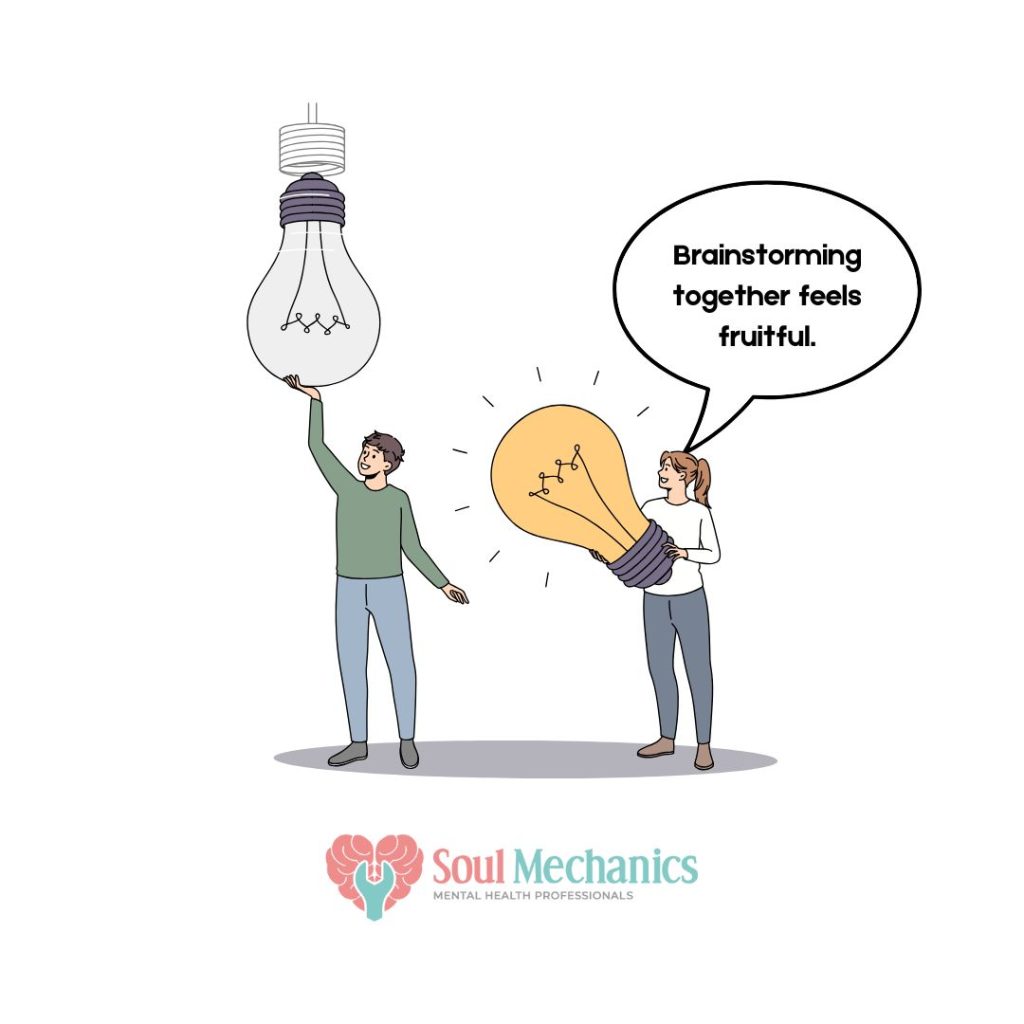
Codependency can be emotionally exhausting, but with time and effort, it is possible to transform a codependent relationship into a healthy and fulfilling one. By rediscovering your sense of self-worth, you can nurture a more fulfilling relationship where love is not about sacrificing yourself but growing together as a couple. Remember, a balanced relationship is not about one partner “saving” the other; it is about empowering each other to thrive together and as individuals.
If you enjoyed reading this, why not broaden the horizon of knowledge by learning about "Losing Spark: Secrets to Reignite Passion in Your Relationship"? You can read the blog here.
For more content related to mental health do follow us on our official Instagram.

